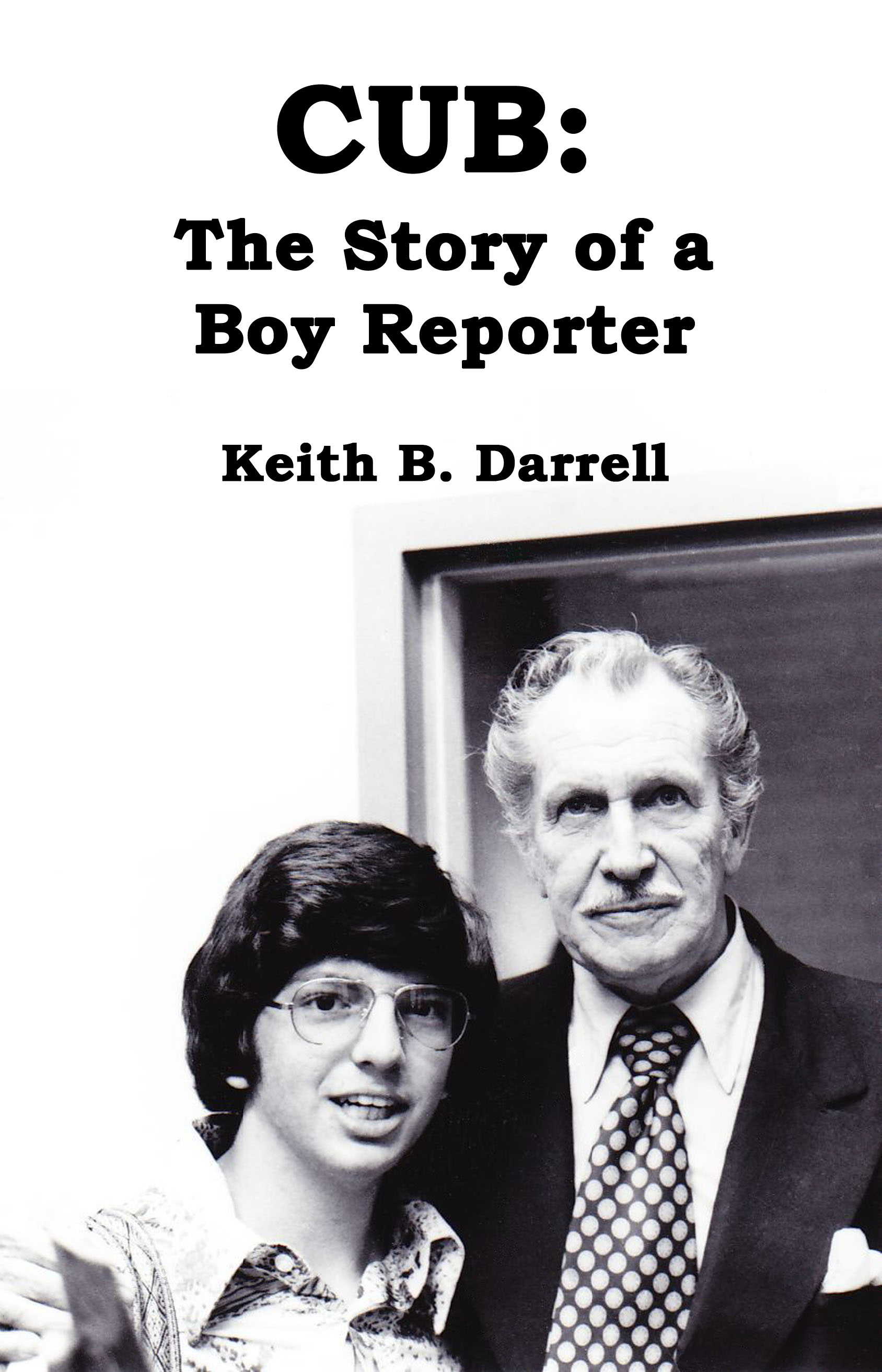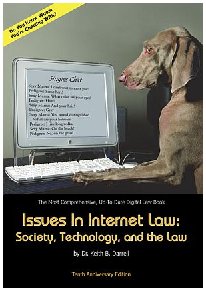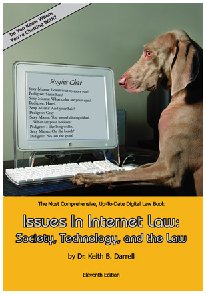In an earlier post, I described an incident that occurred on
the writers’ section of a popular online forum. One of the participants
e-mailed me with the observation it “provided excellent grist for the mill in
terms of a psych profile.” That started
me thinking: why would presumably decent, ordinary individuals become heinous
jackasses online? These are probably the same people we see every day at the
supermarket who smile or even stop for a polite chat. What is it about online
forums that brings out their dark and twisted natures?
Chalk it up, in part, to Harry Potter’s cloak of
invisibility – the anonymity offered by the Internet. Psychologists have a term
for it: “deindividuation” – the result when social norms are withdrawn because
identities are concealed. A faceless crowd combined with personal anonymity
leads individuals to violate social norms they would otherwise not breach.
Cloaked in an alias or an avatar on a blog or online forum
and surrounded by virtual strangers, the anonymous bully sinks to lowest-common-denominator
humanity. The Internet has developed its own terminology for this behavior,
dubbing it flaming and those who start such flame wars, trolls.
Offline, the bully may be the reasonable, friendly neighbor
or co-worker; but once the modem is plugged in and the invisibility cloak is
activated, morality, civility, and common sense are banished from the lexicon.
The less the chance of identification, the more uninhibited individuals become.
What is lacking is accountability. Blogs and forums allow
anonymity because they realize many discussions would dry up if individuals
were required to write under their own names instead of screen names or
pseudonyms. Many fear family, friends, or future employers might stumble across
their words (the Google axiom: the Internet is forever). One solution is to
grow a pair: stand behind your name. When an individual signs his name, his
words carry more weight because he is taking responsibility and accountability
for them.
As I noted, anonymity is only part of the cause of such
behavior. Another psychological phenomenon, like the situation I described in my
earlier post, is the tendency for anonymous or pseudonymous posters to develop
a pack mentality, turning into a collective, ongoing flash mob that piles on
once a troll or bully has attacked the initial poster. It becomes an anonymous
hive mind and while some forums employ moderators to reign in the trolls, they
are often co-opted when the bullies are frequent posters and thus recognized
members of the insular online community, which they do not wish to offend.
This leads to a no-win situation for the initial poster.
First, arguments on the Internet are
never over. Someone will always post a reply in an attempt to have the elusive
last word. Second, if the moderator has been co-opted, he or she may prevent
the initial poster’s replies by ending the discussion (by locking the thread),
or edit or delete comments by or in support of the initial poster. Never debate
in a forum where someone biased or co-opted owns the microphone.
It is reminiscent of themes worthy of Lord of the Flies: the
conflict of civilization (existing in tranquility and concordance according to
a set of rules) versus the need or desire of a bully to dominate others;
individuality versus Orwellian groupthink; and rational discourse versus emotional
outbursts.
As Tim Adams wrote in his piece in The Observer, “The
utopian tendency is to believe that social media pluralizes and diversifies
opinion; most of the evidence suggests that it is just as likely, when combined
with anonymity, to reinforce groupthink and extremism.”
It is food for thought.















































No comments:
Post a Comment